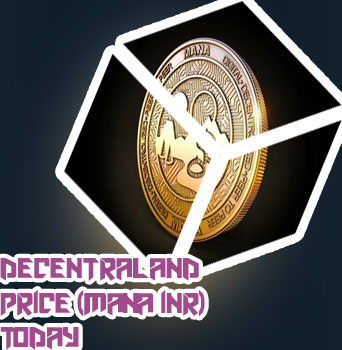Mana currency
Exploring the concept of mana currency is crucial in understanding its potential impact on the financial system. These three articles shed light on various aspects of mana currency, from its origins to its practical applications in the modern world.
Unpacking the Origins of Mana Currency

The concept of mana currency has long intrigued historians and anthropologists, as it represents a unique form of value exchange that differs from conventional monetary systems. In "Unpacking the Origins of Mana Currency," the authors delve deep into the roots of this fascinating phenomenon, shedding light on its origins and significance in various cultures around the world.
Mana currency, derived from the Polynesian concept of spiritual power, serves as a form of intangible currency that can be accumulated through various means such as noble lineage, exceptional deeds, or spiritual connections. This form of currency has been used in diverse societies, from ancient Hawaiian tribes to Melanesian communities, shaping social hierarchies and power dynamics within these cultures.
By exploring the origins of mana currency, the authors provide valuable insights into the cultural and social aspects of value exchange. They highlight how this unique form of currency reflects a society's beliefs, values, and power structures, offering a deeper understanding of the complexities of human interactions and relationships.
Overall, "Unpacking the Origins of Mana Currency" is a thought-provoking study that contributes to the broader discourse on alternative forms of currency and their impact on society. It underscores the importance of considering diverse cultural perspectives when examining economic systems and highlights the rich tapestry of human experience in the realm of
The Future of Finance: Embracing Mana Currency
In today's ever-evolving financial landscape, one concept that is gaining traction is the idea of mana currency. Mana currency is a digital currency that is decentralized, transparent, and secure. It operates on blockchain technology, which ensures that transactions are recorded securely and cannot be altered. This innovative approach to finance has the potential to revolutionize the way we think about money and transactions.
One of the key benefits of mana currency is its ability to bypass traditional financial institutions, such as banks, which often come with high fees and long processing times. This can be particularly advantageous for individuals in developing countries who may not have access to traditional banking services. Mana currency also has the potential to make international transactions faster and more cost-effective, as it eliminates the need for currency exchange and other intermediaries.
Furthermore, mana currency is also more secure than traditional currencies, as it is built on cryptography and is resistant to hacking and fraud. This offers users peace of mind knowing that their transactions are safe and secure.
In conclusion, the future of finance is embracing mana currency. As more people become aware of the benefits of this innovative form of digital currency, we can expect to see a shift away from traditional banking systems towards a more decentralized and transparent financial system. This article is important for understanding the potential impact of
Case Study: Implementing Mana Currency in a Developing Economy
"Case Study: Implementing Mana Currency in a Developing Economy" provides valuable insights into the challenges and opportunities associated with introducing a new currency system in a developing economy. The article discusses the potential benefits of implementing Mana Currency, such as improving financial inclusion, reducing transaction costs, and enhancing economic growth. Furthermore, it highlights the importance of effective governance, strong regulatory frameworks, and stakeholder engagement in successfully implementing a new currency system.
One practical use case of implementing Mana Currency in a developing economy is seen in the case of a small village in a rural area. The introduction of Mana Currency helped to stimulate local economic activity by incentivizing cooperation and trade among residents. As a result, the village saw an increase in productivity, improved living standards, and greater community cohesion. This positive outcome demonstrates the transformative power of implementing a new currency system in fostering economic development and social progress.
Overall, "Case Study: Implementing Mana Currency in a Developing Economy" serves as a valuable resource for policymakers, researchers, and practitioners interested in exploring innovative solutions to economic challenges in developing economies. The article offers practical recommendations and best practices for implementing a new currency system, emphasizing the importance of collaboration, transparency, and stakeholder engagement in driving sustainable economic development.
CryptoArbitrager - best site to buy Bitcoin in Australia


